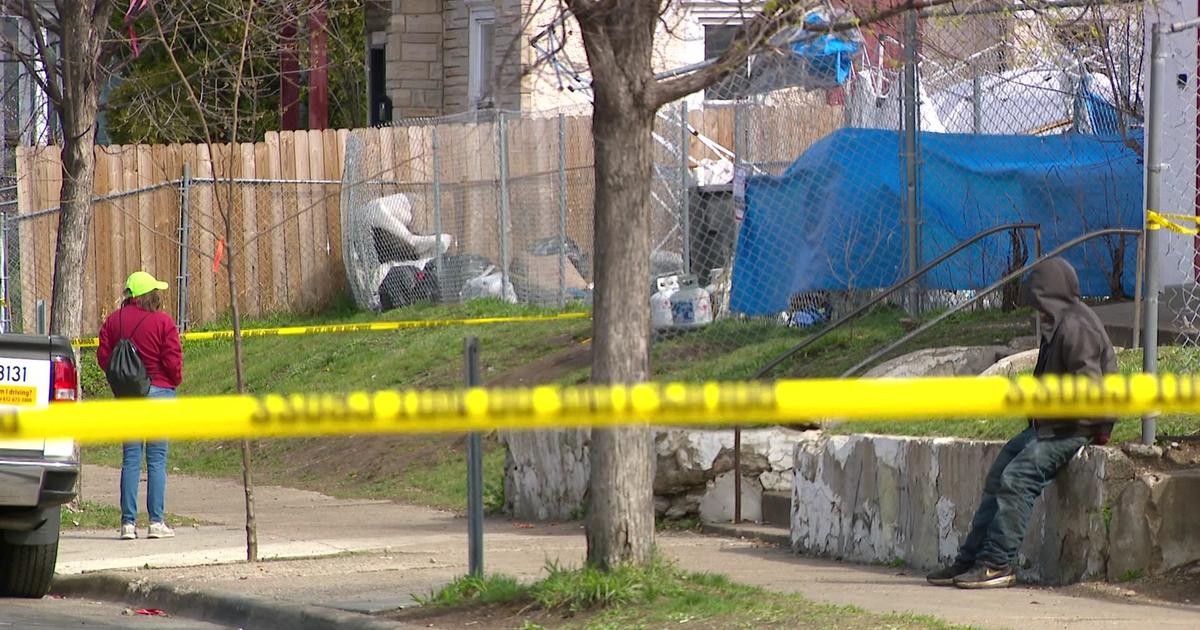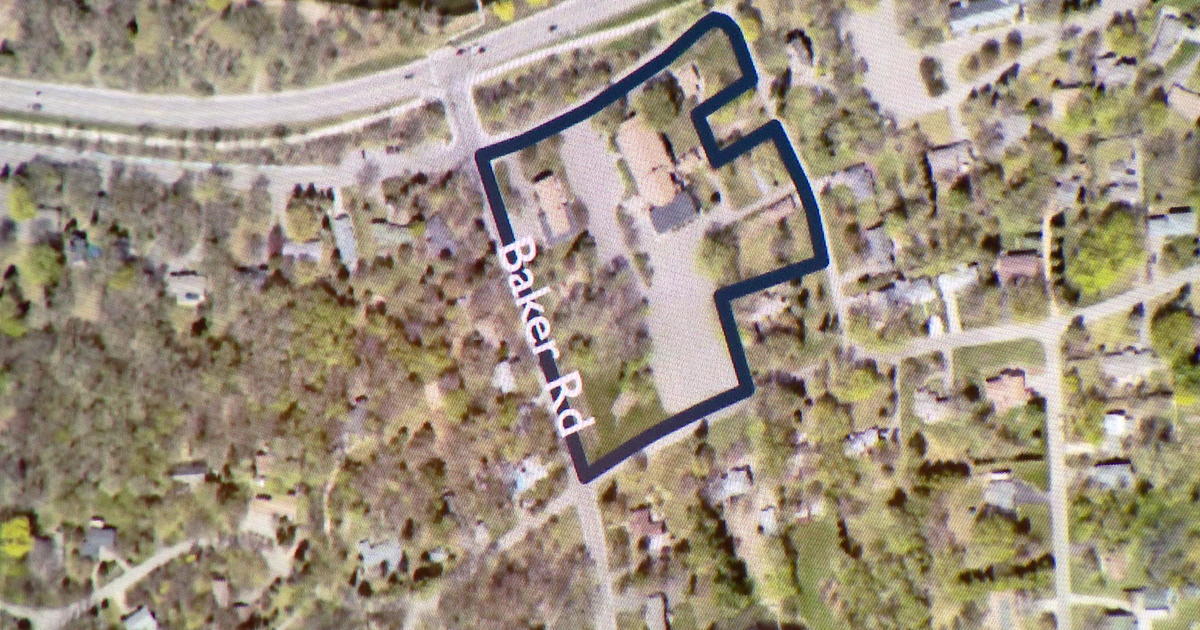Citizens Do Not Have Free Speech Right To Disrupt City Meetings, Court Rules
MINNEAPOLIS (AP) — Citizens who want to express their views at public meetings don't have a free speech right to do so if their actions disrupt government business, according to a ruling Monday by the Minnesota Court of Appeals.
The ruling comes in the case of Robin Hensel, who was convicted of misdemeanor disorderly conduct for disrupting a Little Falls City Council meeting in 2013 when she refused to move her chair into a public-seating area at the request of authorities, forcing the meeting to start late.
Hensel argued that her First Amendment rights were violated. But a three-judge appeals court panel disagreed, saying a state law that makes it a crime to disrupt a lawful meeting or assembly is constitutional.
The judges found the statute protects the ability of officials to govern as well as the rights of citizens to participate in government. They also said citizens can express dissatisfaction with government in ways that don't disrupt meetings. The decision notes that the U.S. Supreme Court has ruled the First Amendment doesn't guarantee the right to communicate one's views in any time, place or manner desired.
Hensel's attorney, Kevin Riach, said in an email that he's disappointed with the outcome, but plans to petition the state Supreme Court for review.
"Part of why we took this case was our concern that the statute could be used to squelch dissent at local government meetings," Riach said. "The ability of citizens to express dissatisfaction with their elected officials without fearing reprisal is critical to the health of our democracy."
Paul Reuvers, an attorney for the state, said the ruling reaffirms that governing bodies have the ability to control their meetings.
Hensel "was, in our view, baiting the city and trying to be arrested in this situation. All she had to do was sit in the gallery like everyone else," Reuvers said.
The appeals court said the state's statute is not overly broad or vague, and can be understood as prohibiting conduct that could interfere with the ability to conduct a meeting. Judge Michelle Ann Larkin, writing for the panel, also said that such laws "are neither unique to Minnesota nor of recent vintage."
Hensel regularly attends city meetings and posts videos, city documents and news articles online. In 2012, she sued the city of Little Falls in federal court after officials prohibited her from having multiple signs in her yard. Hensel challenged the city ordinance that limited yard signs, and she objected to a large "Support Our Troops" sign in town. That case was settled without going to trial.
(© Copyright 2016 The Associated Press. All Rights Reserved. This material may not be published, broadcast, rewritten or redistributed.)



